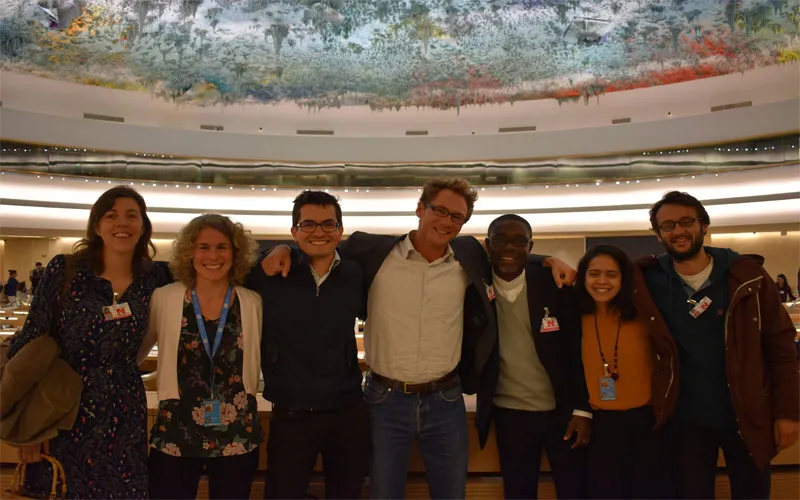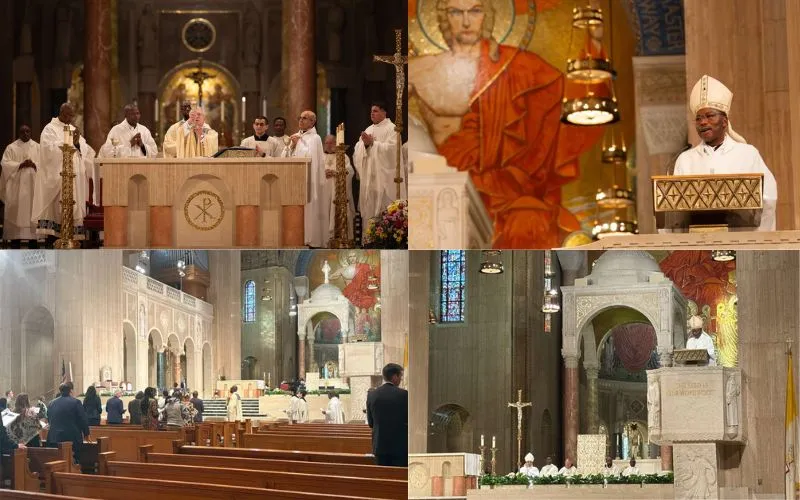Geneva, 17 October, 2019 / 3:24 am (ACI Africa).
As the fifth session of the Open-Ended Inter-Governmental Working Group (OEIGWG) on Transnational Corporations gets underway in Geneva, Switzerland with the aim of developing an international protocol to guide the operations of Trans-National Companies (TNCs), Catholic Bishops in the world’s second largest continent are calling on governments and the international community to ensure that TNCs respect human rights.
This call is contained in a statement signed by the Chairman of the Catholic Justice and Peace Commission (CJPC) under the Kenya Conference of Catholic Bishops (KCCB), Bishop John Oballa Owaa, and adopted by the Symposium of Episcopal Conferences of Africa and Madagascar (SECAM).
The statement was given to the Secretary General of the Regional Episcopal Conference of West Africa (RECOWA), Fr. Joseph Aka, tasked to bring its contents to the delegates of the Geneva meeting.
“I was invited by CIDSE with whom I have been working for the past years on land grabbing issues,” Fr. Aka told ACI Africa Wednesday about his being in Geneva having been invited by the umbrella body of various Catholic development agencies based in Europe and North America and added, “I was asked by Fr. Jesus of SECAM to also represent him.”
Regarding KCCB’s document adopted by SECAM for the ongoing Geneva meeting, Fr. Aka said, “There was no opportunity given to read the paper but we shared the paper with the EU MPs, and most of the African diplomats present here.”








